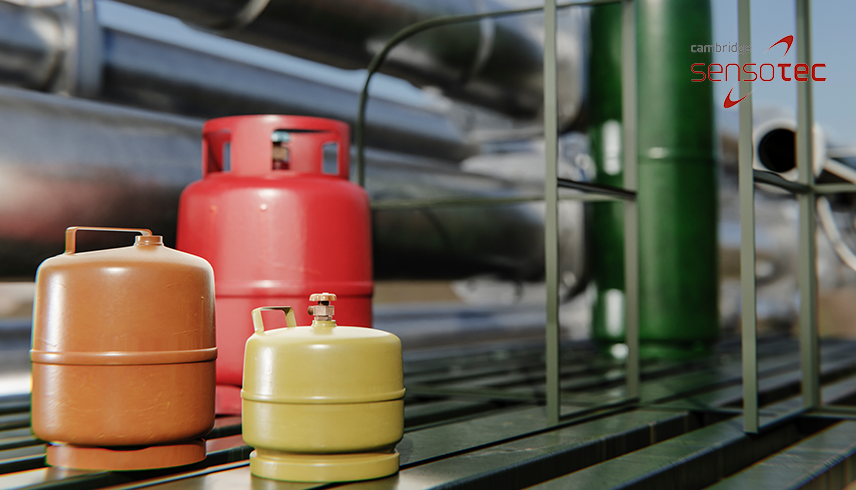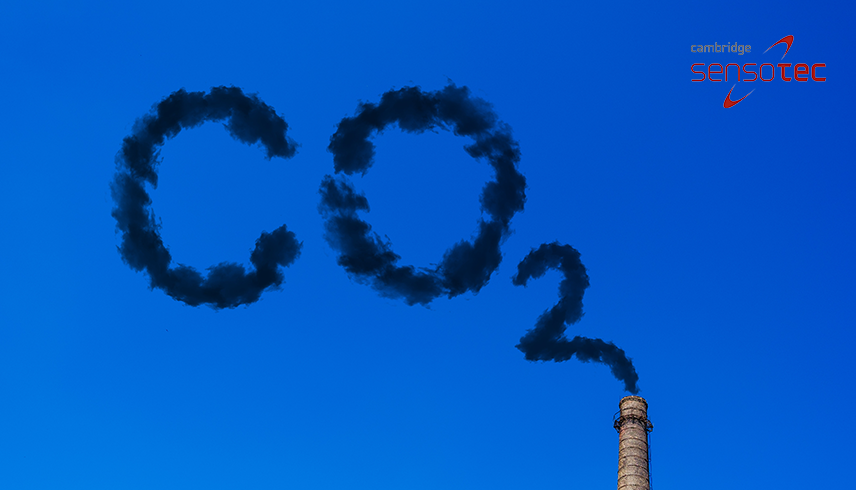

The Future of Clean Energy: The Critical Role of Gas Measurement in Hydrogen Production
Introduction to Hydrogen as a Clean Energy Source
The quest for clean energy has become more urgent as the world grapples with the challenges of climate change and energy security. Hydrogen stands out as a promising candidate in the clean energy landscape due to its high energy content and zero-emission profile when burned. As a versatile energy carrier, hydrogen can be used in fuel cells for electricity, in industry as a raw material, and even in transportation. The key to unlocking hydrogen’s potential lies in its production – a process where gas measurement plays an indispensable role.
Gas Measurement in Hydrogen Production: Ensuring Purity and Efficiency
The production of hydrogen mainly involves methods such as steam methane reforming (SMR) and electrolysis. In SMR, natural gas is reacted with steam under high temperatures, resulting in hydrogen and carbon monoxide. Electrolysis, on the other hand, splits water into hydrogen and oxygen using electricity. In both processes, the purity of hydrogen is crucial for efficiency and safety.
This is where gas measurement comes in. Accurate gas analysis ensures the purity of hydrogen, which is vital for its intended applications, especially in fuel cells where impurities can degrade performance. Furthermore, gas measurement helps in monitoring and controlling the production process, enhancing efficiency and safety.
The Role of Technology in Advancing Gas Measurement
Advancements in technology have significantly improved the capabilities of gas measurement in hydrogen production. Modern sensors and analysers, like those developed by Cambridge Sensotec, offer high accuracy, sensitivity, and faster response times. These technologies can detect a wide range of gases and impurities at very low concentrations, which is essential for ensuring the quality of hydrogen.
Moreover, technological innovations have led to the development of more robust and user-friendly equipment, capable of operating in harsh industrial environments. This not only improves the reliability of the hydrogen production process but also reduces maintenance requirements and operational costs.
Innovations in Hydrogen Storage and Transportation
As the world leans more towards hydrogen as a clean energy source, addressing the challenges of storage and transportation becomes crucial. Hydrogen, being the lightest and smallest molecule, poses unique challenges in terms of leakage and requires high-pressure storage systems or cryogenic temperatures for liquefaction. This is where precise gas measurement and analysis are critical.
Innovative solutions are being developed for efficient hydrogen storage and transportation. These include metal hydrides and chemical hydrogen storage options, as well as advancements in high-pressure tank technologies. Accurate gas measurement is integral in these technologies to ensure safety and efficiency. It ensures that the hydrogen stored is of high purity and quality, reducing risks associated with contamination or degradation of storage materials.
Cambridge Sensotec’s expertise in gas analysis plays a vital role here. Our state-of-the-art gas analysers can monitor the quality of hydrogen during the storage and transportation process, ensuring that the hydrogen meets the required standards for various applications, from powering fuel cells to industrial use.
Global Implications and the Role of Policy in Hydrogen Adoption
The shift to hydrogen as a part of the clean energy mix has significant global implications. It represents a major step towards reducing carbon emissions and combating climate change. However, the widespread adoption of hydrogen technologies depends heavily on supportive policies and regulatory frameworks.
Governments around the world are increasingly recognizing the potential of hydrogen and are implementing policies to promote its production and use. These include investments in research and development, subsidies for hydrogen projects, and regulations that encourage the use of clean energy sources.
In this landscape, the role of precise gas measurement and analysis, as provided by companies like Cambridge Sensotec, becomes even more critical. They not only facilitate compliance with evolving regulatory standards but also enable the optimisation of hydrogen production and utilisation processes, ensuring environmental benefits are maximised.
Cambridge Sensotec’s Contribution to Clean Energy
As we delve into the expansive role of hydrogen in clean energy, it’s crucial to highlight our own contributions at Cambridge Sensotec in this evolving field. Our expertise in gas analysis is instrumental in providing essential tools for monitoring and enhancing the efficiency and safety of hydrogen production processes.
Our range of advanced gas analysers is at the forefront of ensuring the quality and purity of hydrogen. These products are not just tools; they represent our commitment to supporting the global shift towards sustainable energy sources. By prioritising precision and reliability in our gas analysis technologies, we play a pivotal role in the broader context of clean energy development.
At Cambridge Sensotec, we understand that the journey towards a clean energy future is a collaborative effort. Our involvement extends beyond providing equipment. We engage in ongoing research and development to keep pace with the latest advancements in hydrogen technology and clean energy practices. This commitment positions us not only as a supplier of gas analysis solutions but also as a proactive partner in the global initiative towards sustainability.
Interested in learning more about how our gas analysis solutions can support your clean energy initiatives? Contact us today at Cambridge Sensotec. Let’s explore how we can collaborate on your hydrogen project needs and contribute to a sustainable future.


